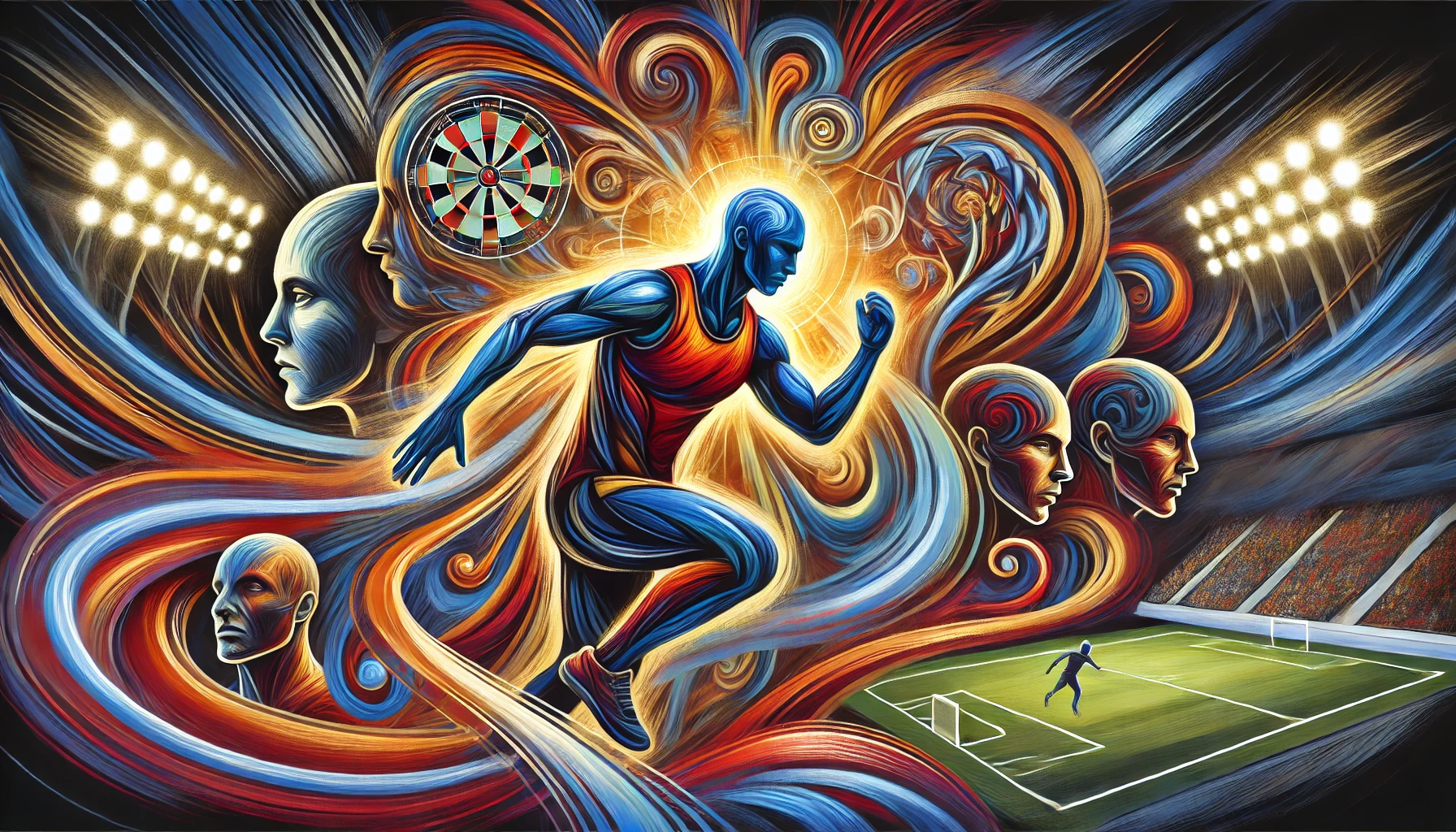
In the high-stakes world of sports, athletes face immense pressure to perform at their best. This pressure comes from fans, media, coaches, and their own personal expectations. Managing this stress is a critical aspect of success, as it can significantly impact performance. But how do athletes cultivate the mental fortitude necessary to thrive under such conditions? The answer lies in the intersection of psychology, discipline, and mental health awareness.
The Mental Health of Athletes
Understanding the Challenge
Athletes operate in a world of intense scrutiny, where success is celebrated but failure is often magnified. Mental health struggles in sports are not uncommon, yet they are historically underreported due to stigma and fear of being perceived as weak. Research highlights that athletes experience anxiety, depression, and burnout at rates comparable to, or even higher than, the general population.
Why Mental Health Matters
The link between mental health and performance is clear. A mentally resilient athlete can maintain focus, adapt to adversity, and bounce back from setbacks. Conversely, untreated mental health issues can lead to underperformance, injuries, and premature career endings.
Approaches to Mental Resilience
1. Mindfulness and Meditation
Mindfulness helps athletes stay present and manage performance anxiety. Many top athletes incorporate meditation into their daily routines. Studies show that mindfulness improves focus, reduces stress, and fosters a positive mindset.
2. Visualization Techniques
Visualization is a powerful tool where athletes mentally rehearse scenarios they might face in competition. This practice enhances confidence and prepares the mind for high-pressure moments. Visualizing victory, managing errors, and anticipating challenges all play a part in building psychological resilience.
3. Support Systems
Athletes who build robust support systems tend to cope better with stress. Coaches, sports psychologists, family, and teammates provide emotional and strategic support, ensuring that athletes are not navigating their pressures alone.
Psychological Strategies from the Greats
Kobe Bryant and the "Mamba Mentality"
The late Kobe Bryant often spoke about his "Mamba Mentality," a mindset centered on relentless pursuit of greatness and embracing challenges. This approach involved meticulous preparation, self-belief, and unwavering focus, allowing him to stay composed under pressure.
Simone Biles: Prioritizing Mental Health
Simone Biles, one of the most decorated gymnasts in history, brought global attention to the mental health struggles of elite athletes. By stepping back during the 2021 Tokyo Olympics to focus on her well-being, Biles redefined what it means to be a champion.
Practical Tools for Athletes
- Journaling: Writing down thoughts and emotions helps athletes process experiences and maintain clarity.
- Breathing Exercises: Deep breathing is a proven method for calming nerves and sharpening focus before critical moments.
- Routine and Rituals: Having consistent pre-performance routines instills a sense of control and readiness.
- Therapeutic Interventions: Regular sessions with a sports psychologist can help athletes manage pressure, set realistic goals, and build emotional resilience.
Creating a Culture of Openness
To ensure athletes thrive both mentally and physically, the sports community must foster an environment where mental health is prioritized. Removing stigma, providing resources, and promoting open conversations are vital steps toward this goal.
